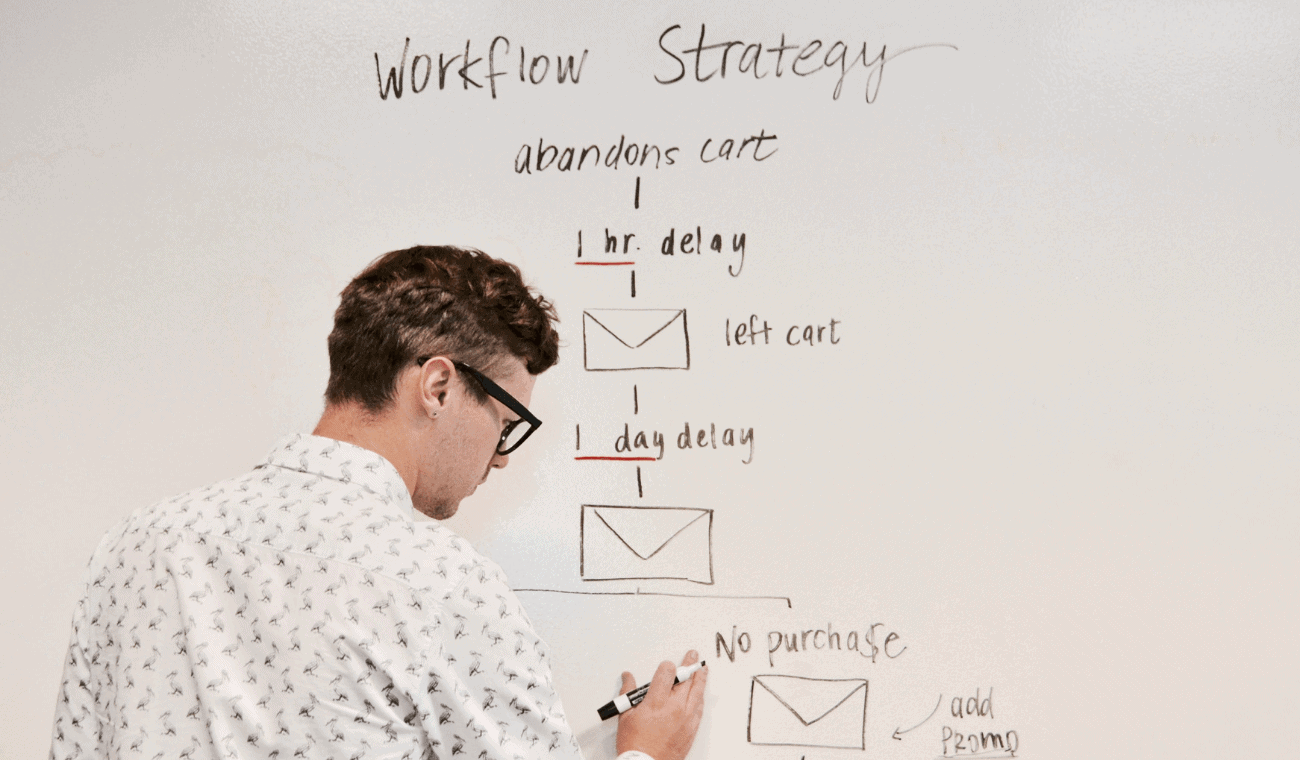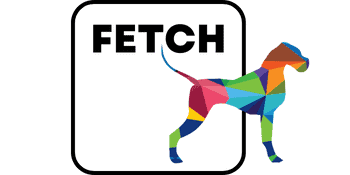
Email marketing design – and why it’s important
Reading Time: 5 minutesDid you know that email marketing is the number one tool for customer engagement? Email actually has the highest ROI of any marketing channel which makes getting email marketing design crucial.
In this blog we look at how you can get amazing results when you design and structure your email campaigns correctly.
The importance of email marketing design
First, lets look at why email marketing design is so important.
More than 70% of businesses use email to communicate with customers, either through newsletters, promotional messages, or just transactional emails. Since your customers are getting dozens of messages each day, it’s becoming increasingly difficult to stand out.
While it’s your email subject line which dictates whether your client will open your message, the design of the email determines whether you’ll gain engagement again in the future.
Everything from your choice of typography to the formatting of your emails can determine what your customers think and feel about you. With this in mind, here are some top tips for your next campaign.
1. Have a goal
Every message sent in an email marketing campaign needs a distinct purpose. Some emails are transactional, thanking your customer for making a purchase or letting them know when they can expect an item to be delivered. Others are promotional, intended to advertise a product or service.
Knowing the purpose of each email will help you to choose the correct design. For instance, welcome emails are great for grabbing your customer’s expectation at the start of an email campaign and setting expectations.
They have a 91.4% open rate, and they let your audience know what they have to look forward to.
A welcome email should be straight to the point and provide your customer with useful information about your service or company. A promotional email highlights some of your latest products or deals based on the segment of your audience you’re sending it to.
2. Get your email structure right
When you’re perfecting your email campaign design, formatting and structure are crucial. Research shows the average attention span of an adult falls somewhere around 8 seconds. You only have a small opportunity to capture your customer’s interest and keep it. Text-heavy email campaigns are rarely the best choice, unless you’re delivering an important message, or sending a welcome email.
Consider using a “reverse pyramid” structure, to format your email in a way to draws the eye and encourages action. At the very top of your email, you use a header to instantly grab your customer’s attention with an offer of value. After this, you can include an image or video, followed by a small paragraph of informative text.
At the bottom of the email campaign design, you add a CTA button in contrasting colors, which your customer can click on to move to the next stage of the journey.
Though you don’t have to follow the exact same structure for every email, it’s best to find a way of pulling your reader’s eyes down the page. Images and carefully formatted text are great for this.
3. Get the email marketing content right
There are few things more important than the right content in email marketing design. When your customer opens a message, they should immediately see information tailor-made to their interests. According to studies, using segmented lists to send targeted email campaign designs to different customers leads to a 760% increase in email revenue.
For instance, if you identify yourself as a male when you sign up for the RipCurl newsletter, you’ll get information about their top-selling products for men.
Remember, it’s not just what you say with email marketing – but how you say it too. Your content should clearly showcase your company’s unique voice. You’ll also need to ensure the text, buttons, graphics, and videos in your email work on every platform. Your messages should be easy to read on any screen.
4. Highlight your brand in email marketing design
Email marketing, just like any kind of advertising, is a chance to showcase your unique brand personality. You’ve already taken the time to create a set of brand guidelines which include your chosen colours, logo design, tone of voice, and so on. Ensure all of the components of your brand shine through perfectly in your emails too.
Color psychology makes a huge impact on modern audiences. Most of the time, you’ll stick to your brand colours, with contrasting shades to draw attention to CTA buttons and links.
At certain times, however, you may need to adjust your colour strategy slightly. For instance, greens and reds may make more sense to your audience during the holiday season. You could also tone down your colours when you’re sending more serious messages.
5. Design your email for the appropriate platform
Making the correct impact with your email campaign design means ensuring your customers can access and enjoy your messages on any platform. Remember, today’s customers read their emails more often on mobile devices than ever before.
The good news is most email marketing tools come with pre-designed templates you can use which are already mobile responsive. These templates will automatically look incredible on any platform, so you don’t have to worry about text being harder to read on a smaller screen.
When designing your emails for mobile, think about the kind of features which are going to be essential for your audience in this environment. Should your buttons be bigger, so they’re easier to tap? Should any slideshows in your emails have swipe functionality? Also, make sure your videos and animations don’t play automatically when an email opens on a smartphone? This can reduce the risk of your email consuming too much bandwidth.
6. Optimise your CTA
Call to action buttons (CTA) are one of the most important components of email marketing design. When you’re sending messages to your target audience, you’re also nurturing them towards a sale. Your CTA buttons tell your clients which steps they need to take to progress on their buying journey.
Your CTA needs to be engaging, appealing, and easy to see. Focus on the benefits your customers are going to enjoy when they click on this button. A single call to action can increase your chances of sales by 1617%.
To get the most out of your CTA, make sure:
- It’s clear and easy to see
- Customers can easily tap or click on it
- The copy highlights the benefit to the customer
- The button sends the customer to the correct landing page
7. Use images correctly in all email designs
Finally, branded emails would be pretty boring if they didn’t have any images or graphics to show off. The pictures in your email help to pull your customers down the page, split up segments of text, and even demonstrate the benefits of your product or service.
Ideally, you’ll want custom brand photos to have the best impact on your audience. If you can’t afford these, then you can look into some of the free stock photos available online. Just be sure you stay away from any images which seem obviously fake.
Remember, like all parts of your email marketing design, your photos are a representation of your brand. Choose images to match the personality you want to create. Where possible, you can also experiment with things like animations, looping clips, video, and gifs. These are all becoming increasingly common in email marketing, and they’re easier to access thanks to email marketing software.
Ready?
Email marketing is easily one of the most valuable tools you can access when you’re nurturing customers and building a memorable brand. Although, like most things in your marketing strategy, it’s important to get the your email design and content right. Need help? Get in contact with the Advocate team today and let us show you how we’re helping brands grow through effective email marketing and automation.
Post a Comment
You must be logged in to post a comment.





